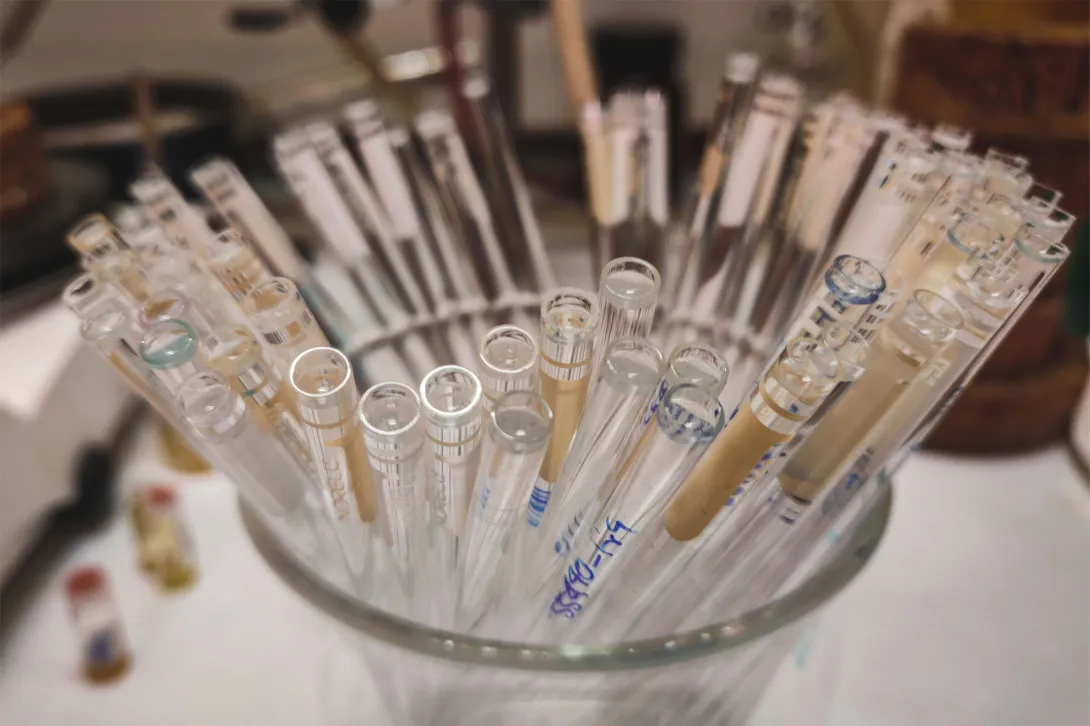With limited natural resources and a growing global population, new materials that lower our energy consumption, reduce the environmental footprint of energy production, and decrease energy costs are increasingly critical to balance the growing demand for consumer goods and fuels with a sustainable earth.
Research
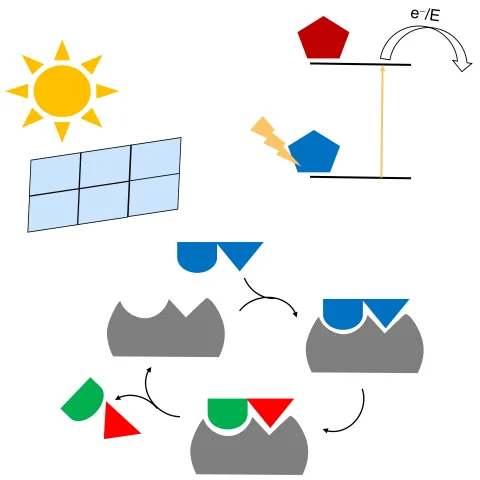
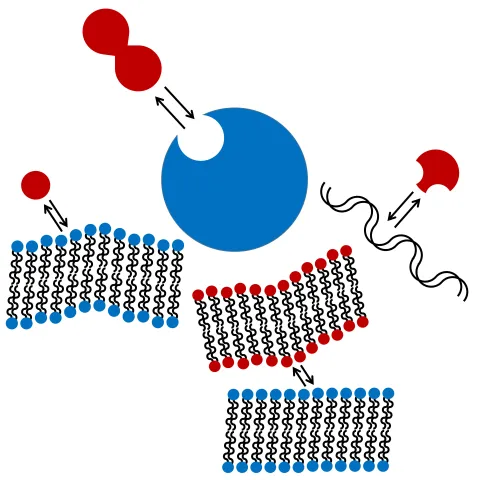
Biomolecular Structure and Function
Our faculty are engaged in cutting edge research that spans the areas of biochemistry, biophysics, synthetic organic chemistry, bioanalytical chemistry, biomedical engineering, peptide and protein chemistry, molecular, cellular and structural biology, cell signaling, neuroscience, bioinorganic chemistry, and oncology with a focus on improving human health and acquiring new insights into the structure and function of biomolecules.

Molecular Assembly, Materials and Nanoscience
The assembly of molecular building blocks to form nanostructures and extended solids that can function as materials with useful properties is an important theme in the Department of Chemistry.
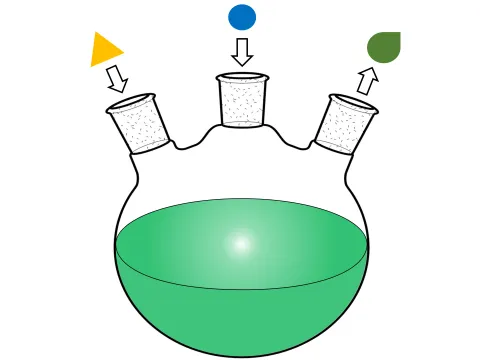
Chemical Synthesis
Chemical synthesis involves the design and production of molecules, polymers, and extended solids with new structure and function. Chemical synthesis enables access to new drugs for the treatments for disease, leads to new catalysts that enables new reactions, and produces new extended solids with novel structural motives and improved physical properties.
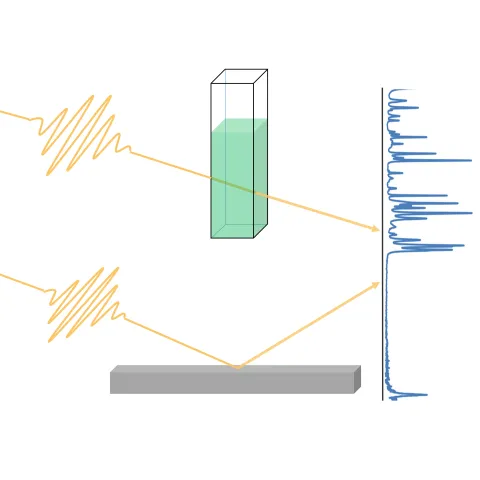
Analysis and Spectroscopy
The analysis and spectroscopy expertise within the Department of Chemistry is being leveraged to gain specialized insight into the nature of a host of chemical systems. Our faculty utilize NMR, optical microscopy, fluorescence spectroscopy, and biosensing to provide critical insight into the interactions of molecules with each other and their surroundings.
Additional Research Resources
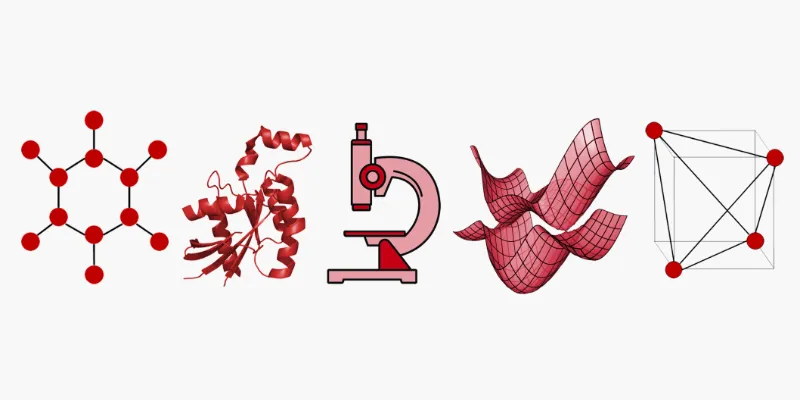
Learn More
